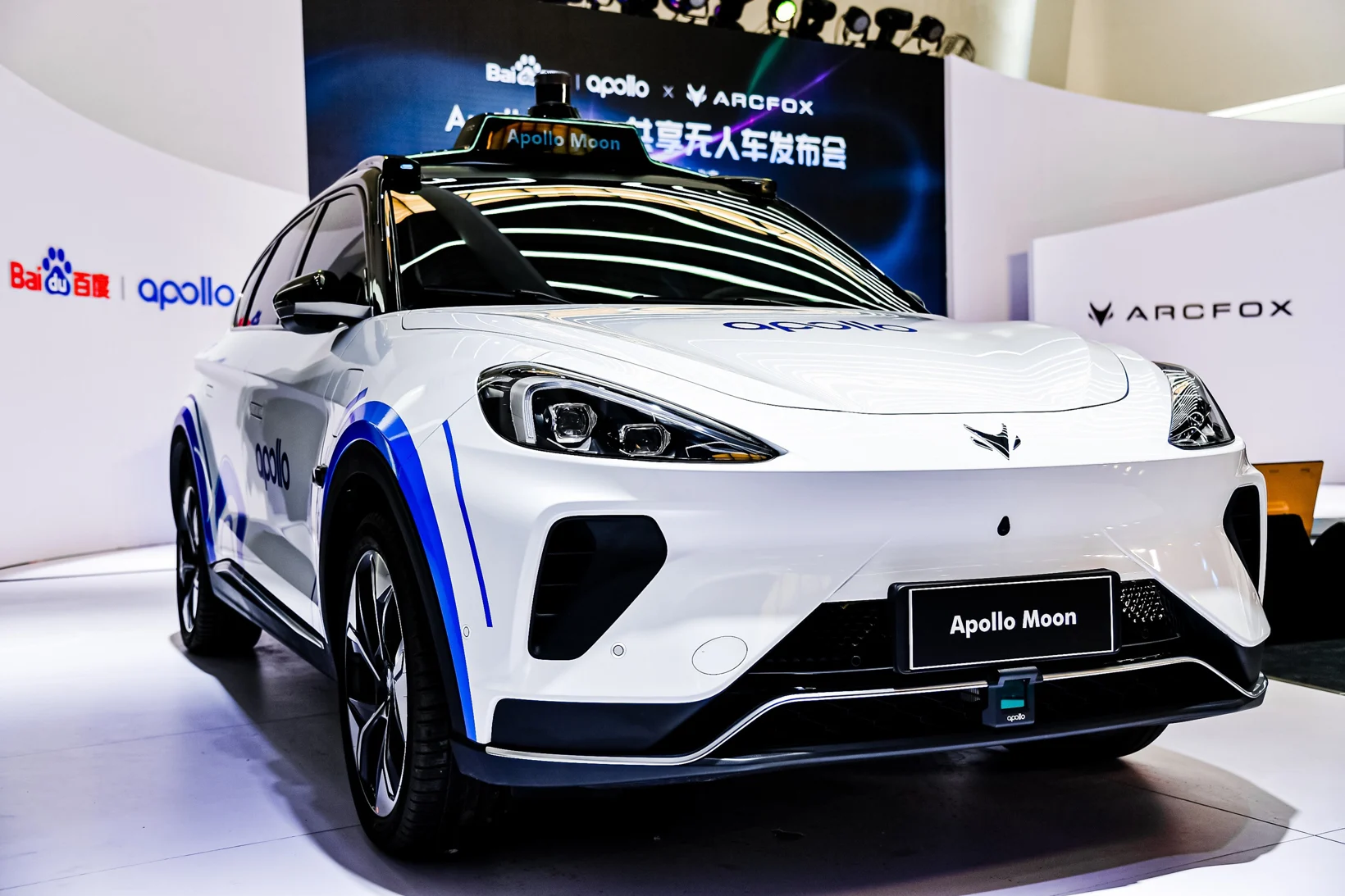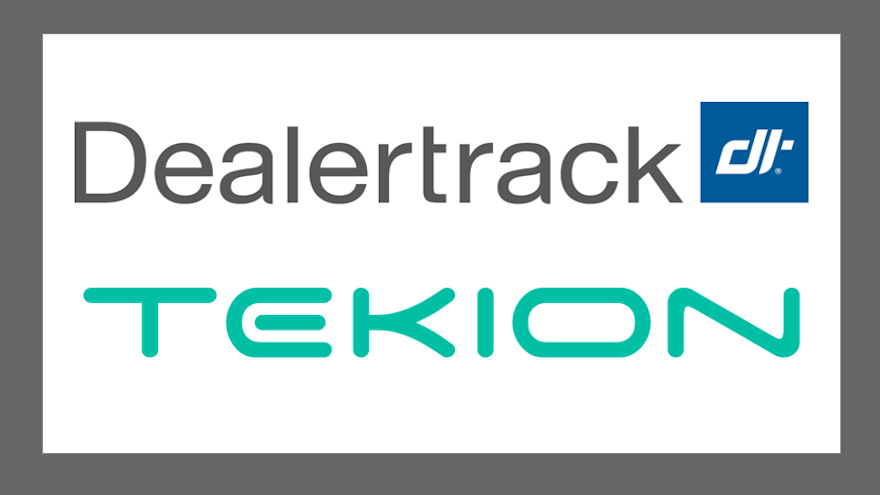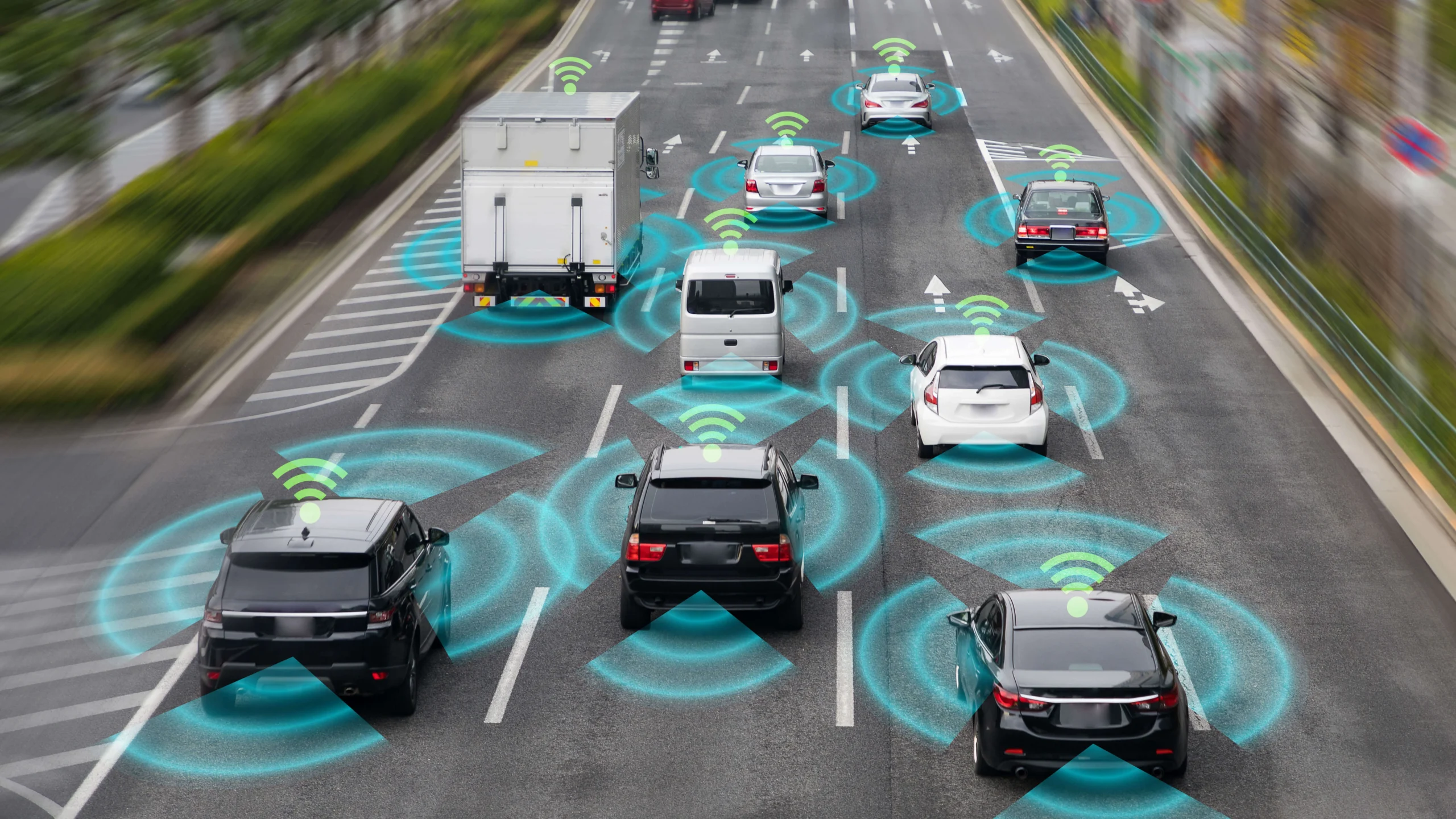What Makes BAIC BluePark a Game-Changer in Electric Mobility?

BAIC BluePark is a prominent Chinese automotive company founded in October 1992 and headquartered in Beijing specializes in the production of electric vehicles (EVs) and new energy vehicles (NEVs). With a focus on sustainable mobility solutions, BAIC BluePark has established itself as a leading player in the rapidly evolving electric vehicle market. The company combines cutting-edge technology, innovative design, and a commitment to environmental responsibility to deliver high-quality EVs that meet the needs of today’s eco-conscious consumers. In this intro, we will explore the key features, achievements, and contributions of BAIC BluePark in shaping the future of electric mobility.
Pros and Cons of BAIC BluePark
Pros:
- Environmental Friendliness: BAIC BluePark is an electric vehicle (EV) brand that promotes sustainable mobility, reducing carbon emissions and dependence on fossil fuels.
- Advanced Technology: The vehicles offer cutting-edge technology, including efficient electric drivetrains, regenerative braking, and smart connectivity features.
- Range and Charging Infrastructure: BAIC models offer competitive driving ranges, allowing for longer journeys. Additionally, the brand focuses on expanding charging infrastructure to enhance the convenience of owning an electric vehicle.
- Cost Savings: Electric vehicles like BAIC can result in long-term cost savings due to lower fuel and maintenance costs compared to traditional internal combustion engine vehicles.
- Government Incentives: Many countries offer incentives and subsidies for electric vehicle adoption, providing potential financial benefits to BAIC owners.
Cons:
- Limited Model Lineup: BAIC BluePark’s model lineup may not be as diverse as some established automotive brands, limiting consumer choices.
- Charging Time: While the charging infrastructure is improving, charging an electric vehicle still takes longer compared to refueling a conventional vehicle with gasoline.
- Initial Purchase Cost: Electric vehicles generally have a higher upfront cost compared to traditional vehicles, making them less accessible to some buyers.
- Range Anxiety: Despite improvements in battery technology, some potential buyers may still have concerns about the driving range and the availability of charging stations.
- Resale Value: Electric vehicles, including BAIC BluePark models, may experience higher depreciation rates compared to traditional vehicles, which could affect the vehicle’s resale value.
It’s important to consider both the advantages and disadvantages when evaluating the suitability of BAIC electric vehicles for individual needs and preferences.





























